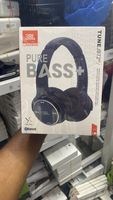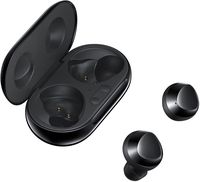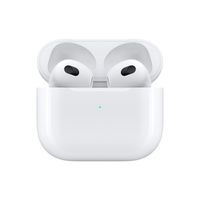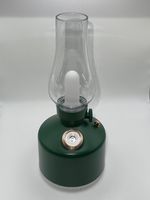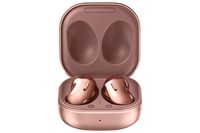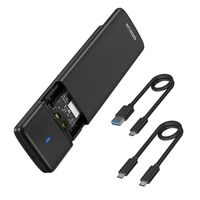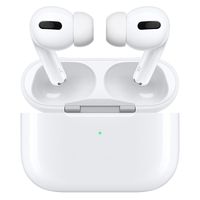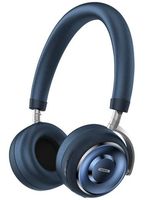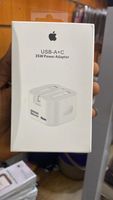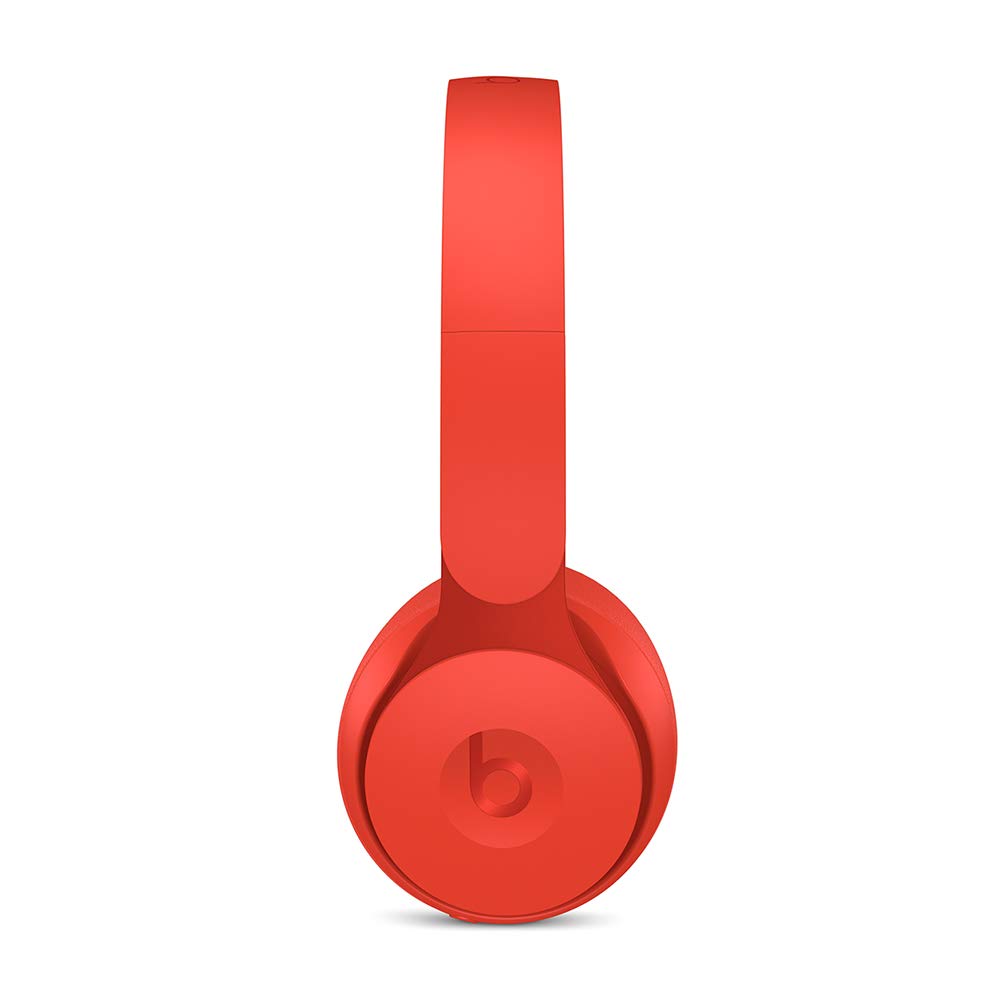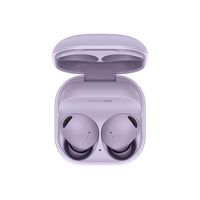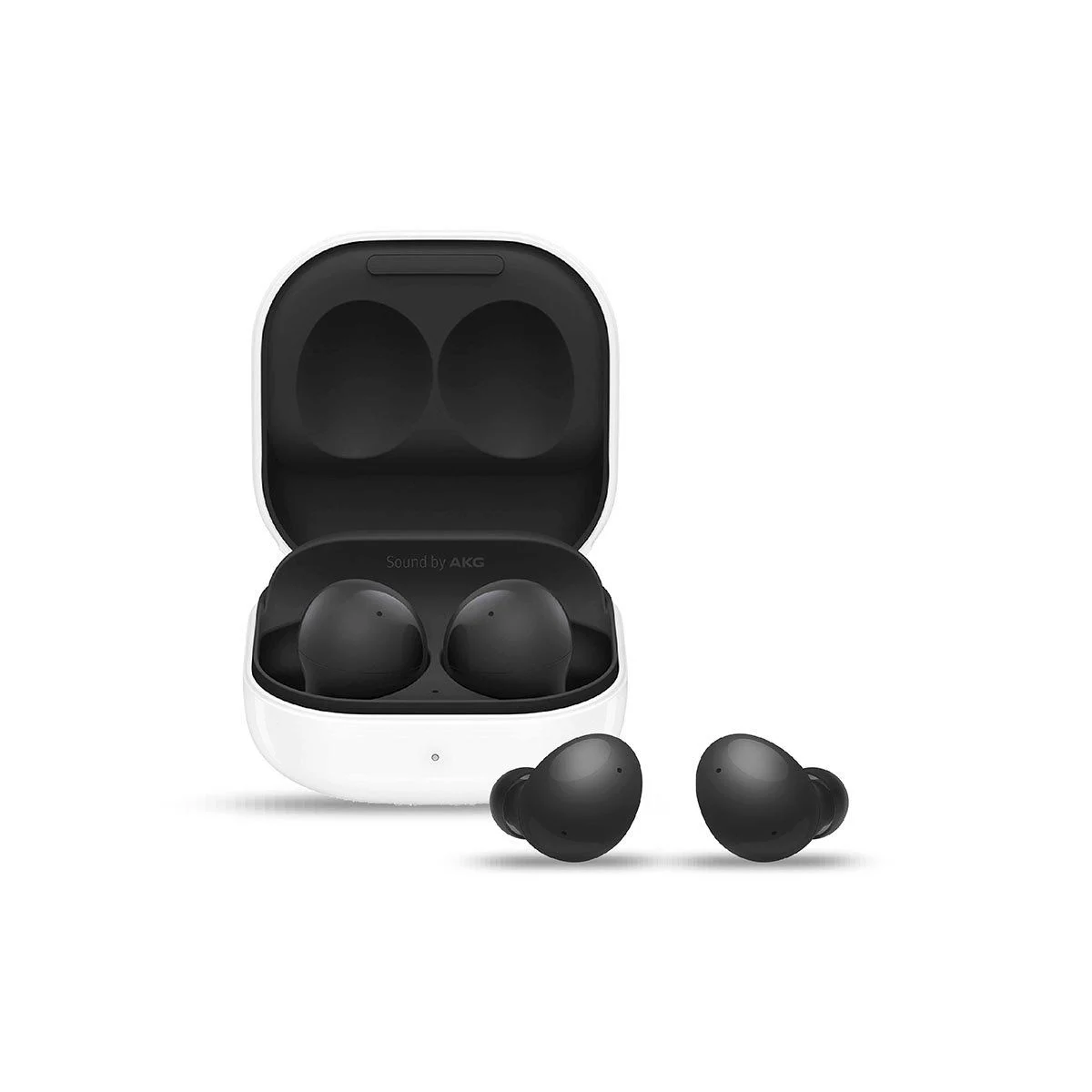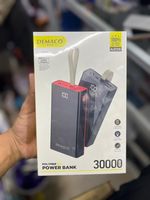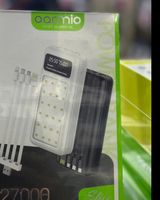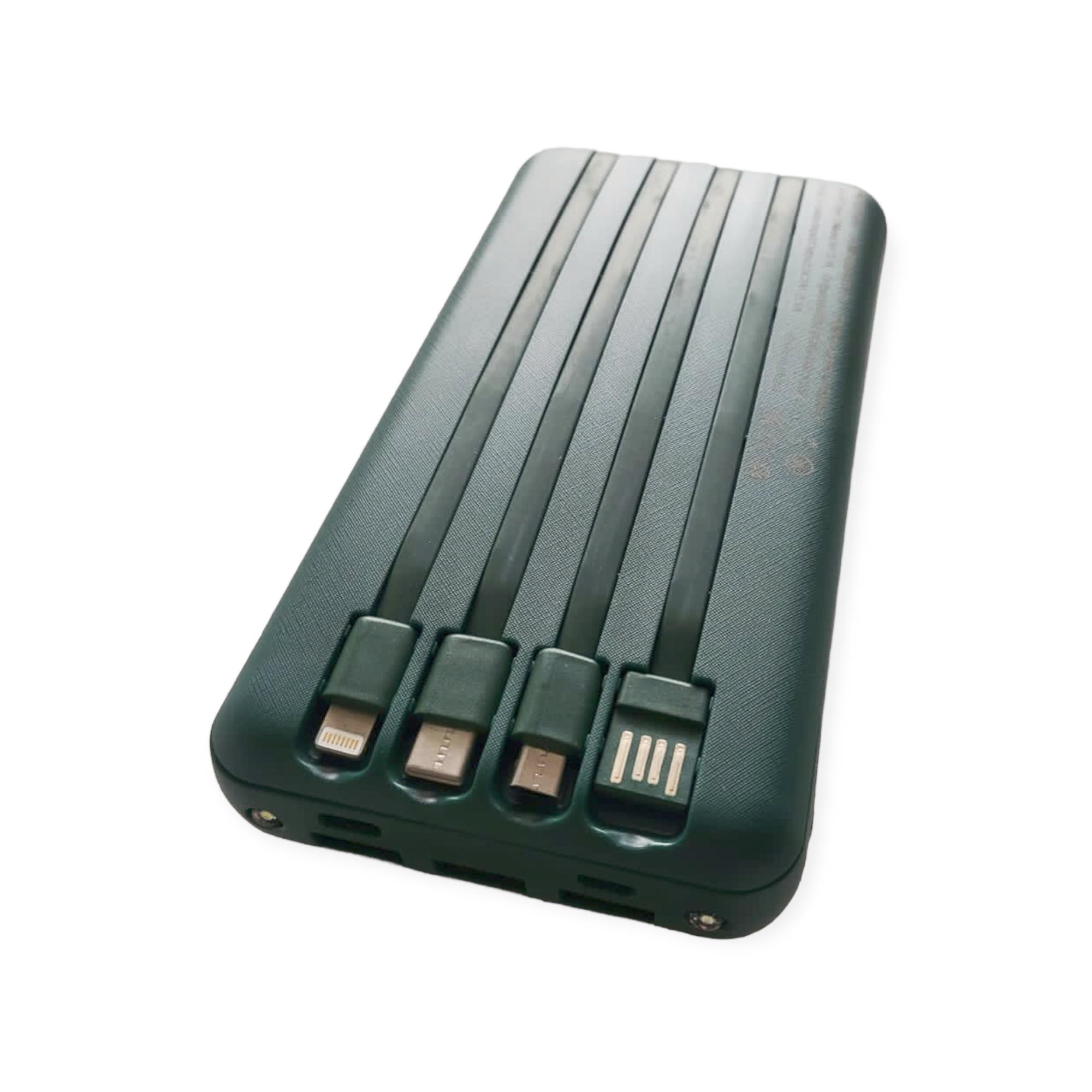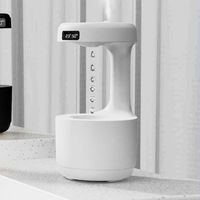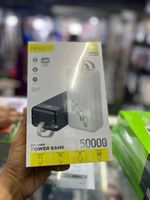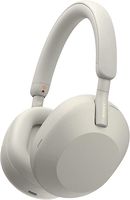Fast Charging USB Cable Micro USB Data Cable | Quick Fast Charging Cable | Charger Cable | Android Cable ( Black)
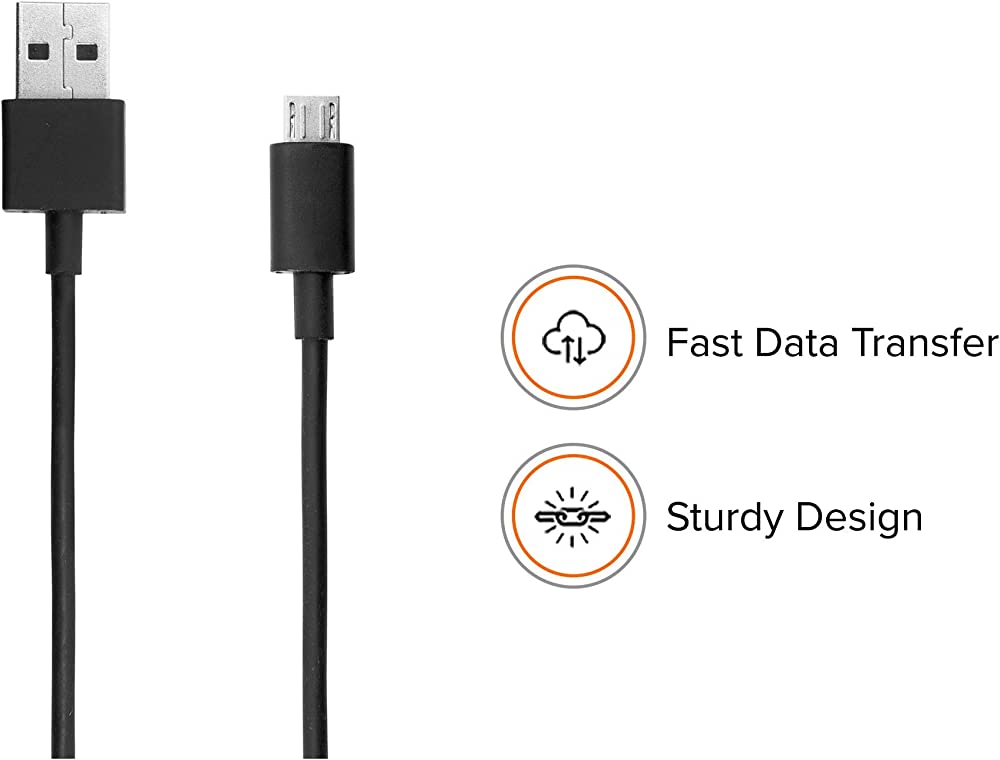
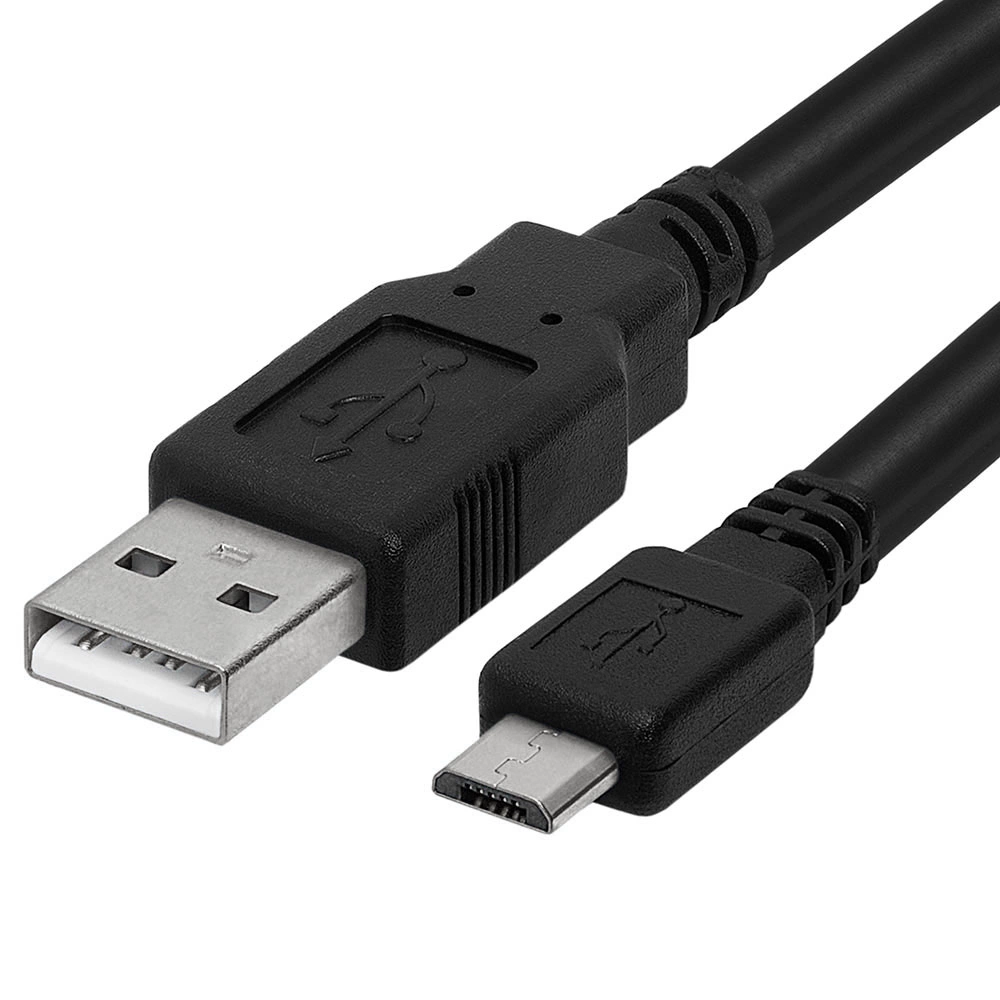
₵ 36.0
A micro USB data cable is a type of cable commonly used to connect electronic devices, such as smartphones, tablets, and digital cameras, to a computer or other compatible devices for data transfer, charging, or syncing purposes. The micro USB cable has a compact connector on one end that fits into the micro USB port of the device and a standard USB Type-A connector on the other end that connects to the computer or charging adapter.
Micro USB cables became widely adopted as a standard for charging and data transfer for many mobile devices until the USB-C standard gained popularity. The micro USB connector has a distinctive trapezoidal shape and is smaller in size compared to the older USB Type-A connectors. It has a rectangular shape with a thin metal plate in the center and is designed to be reversible, allowing you to plug it in either way.
Micro USB cables support USB 2.0 or USB 3.0 standards, which determine the data transfer speed and charging capabilities. USB 2.0 cables have a maximum data transfer rate of 480 Mbps and can provide up to 2.5 Watts of power for charging. USB 3.0 cables, also known as USB 3.1 Gen 1, can transfer data at speeds of up to 5 Gbps and deliver up to 4.5 Watts of power.
It's worth noting that with the increasing prevalence of USB-C, many newer devices, particularly smartphones, have transitioned to USB-C ports, which offer faster data transfer rates and higher power delivery capabilities compared to micro USB. However, micro USB cables are still commonly used and can be found in many older devices or as a standard cable for certain accessories.
Fast Charging USB Cable Micro USB Data Cable | Quick Fast Charging Cable | Charger Cable | Android Cable ( Black)
Similar Products
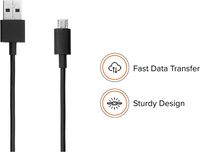
Fast Charging USB Cable Micro USB Data Cable | Quick Fast Charging Cable | Charger Cable | Android Cable ( Black)
₵ 36.0
